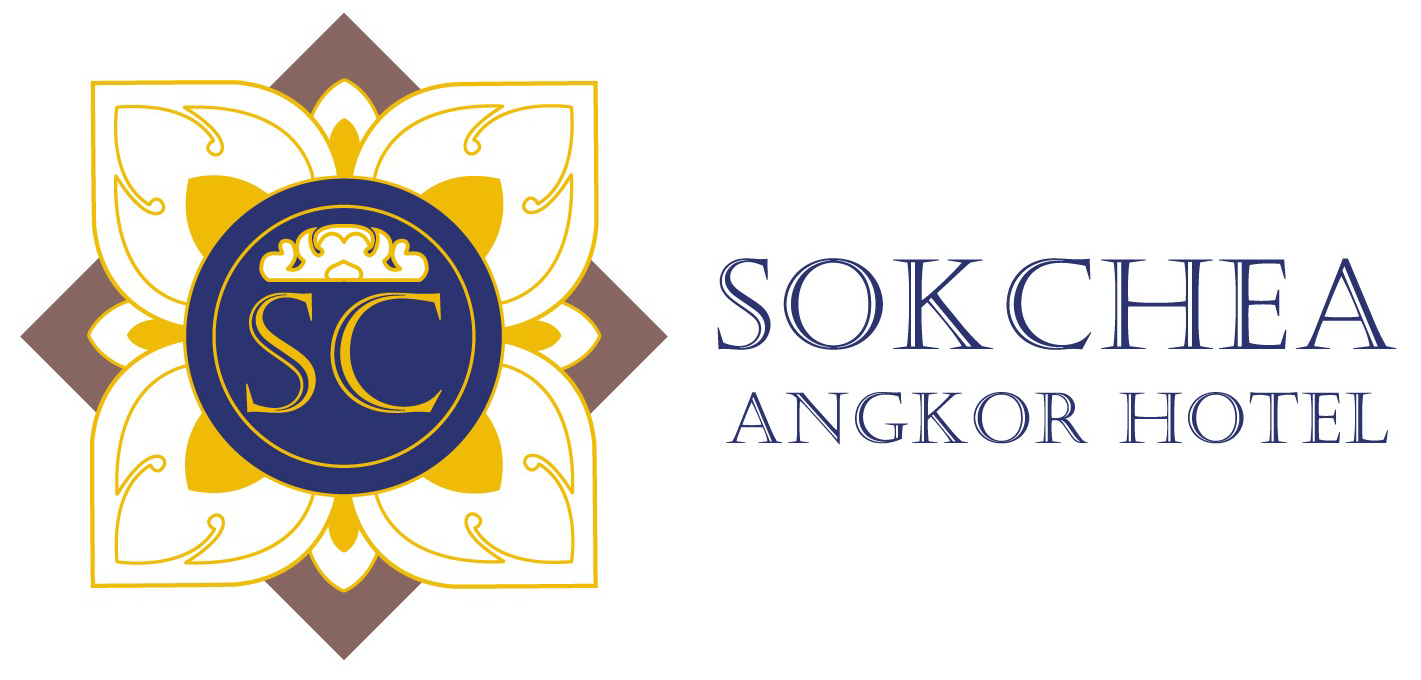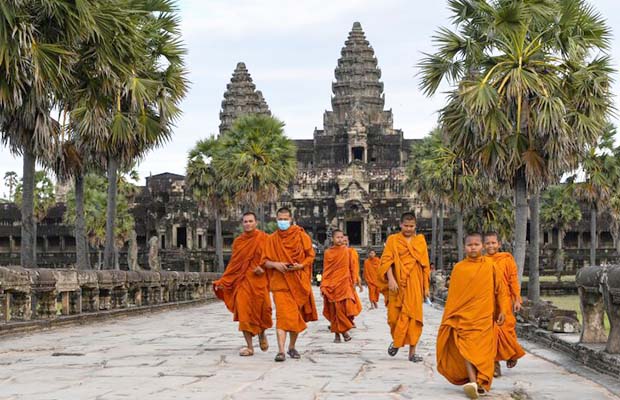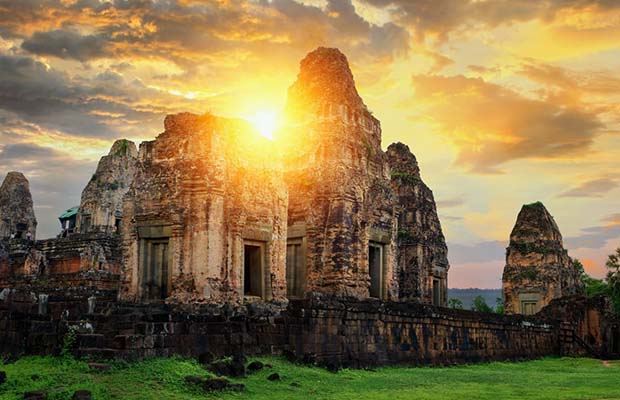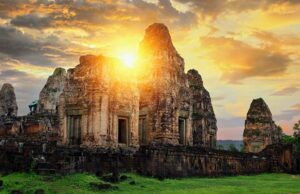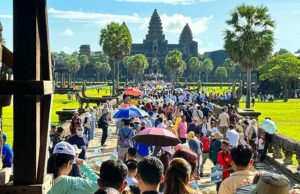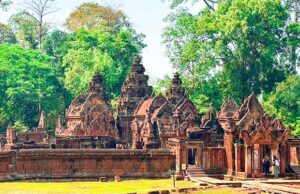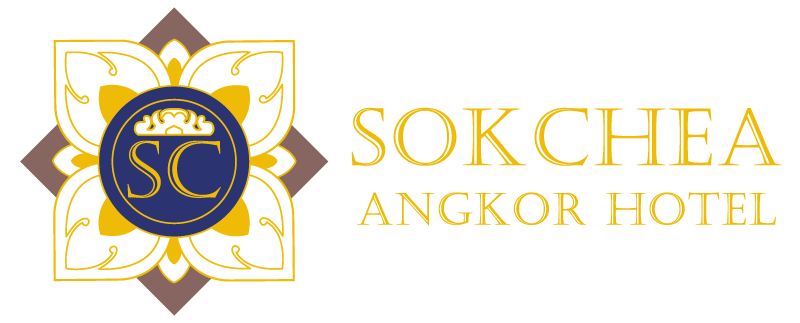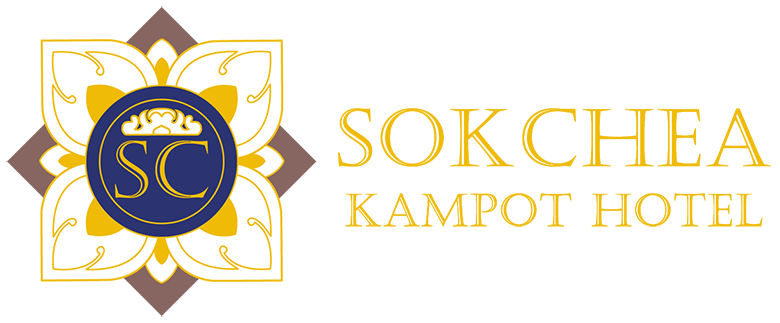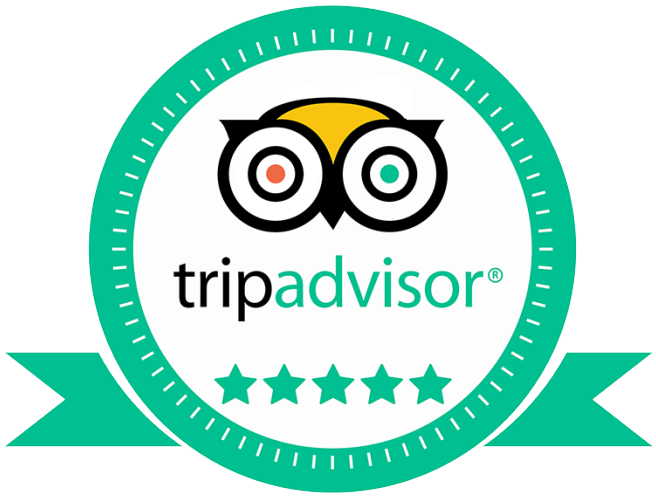Discover Traditional Khmer Archery
The Royal Archery Club offers a rare opportunity to try Khmer-style archery, inspired by ancient Angkorian warriors. You won’t just be shooting arrows—you’ll be stepping into history. From handcrafted bamboo arrows to traditional wooden bows, every part of the experience connects you with Cambodia’s martial past.
All skill levels are welcome. Whether you’re a total beginner or have tried archery before, trained instructors will guide you through proper stance, aiming techniques, and safety. Sessions take place in a quiet outdoor setting surrounded by trees, traditional structures, and scenic rice fields.
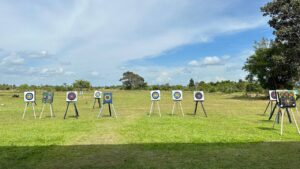

Pricing & Packages
For short-term visitors, the pricing is simple and affordable:
– Foreign visitors: $9 USD for a 90-minute session (includes instruction + all equipment)
– Cambodian locals & expats: $5 USD for 90 minutes
– Group and extended memberships are also available, but casual visitors only need to pay the basic walk-in fee.
Many travelers report they were pleasantly surprised by the value. You can shoot as much as you want during the session, and you’re welcome to take breaks, walk around, and enjoy the peaceful surroundings.
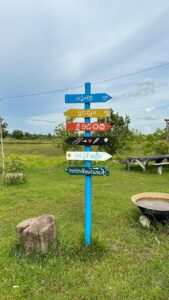
Easy Access from Sokchea Angkor Hotel & Downtown
Staying at Sokchea Angkor Hotel or anywhere in central Siem Reap? The Royal Archery Club is only a 15–20 minute ride away by tuk-tuk or car. Located in Steung Village, Prasat Bakong District, it’s easy to combine this with visits to nearby Bakong Temple or as a relaxing mid-morning or afternoon break.
Drivers can use this Google Maps link for exact directions:
📍 (https://maps.app.goo.gl/JJVVw3WYXFK35Z3n7)
More Than Just Archery
Beyond shooting arrows, the Royal Archery Club feels like a living cultural village. The site features:
– Traditional Khmer military-style architecture
– Homestay bungalows and a local café
– Opportunities to dress in Angkorian outfits for photos
– A peaceful atmosphere away from the city bustle
It’s the kind of place where you can slow down, take great photos, learn something new, and walk away with a unique memory.
Add It to Your Itinerary
If you only have a couple of days in Siem Reap, you can still enjoy the Royal Archery Club without disrupting your temple visits or tours. Plan for 2–3 hours, and you’ll leave feeling refreshed, entertained, and culturally enriched.
Ready, aim… experience!
Include the Royal Archery Club on your Siem Reap itinerary and discover a side of Cambodia most tourists miss.
